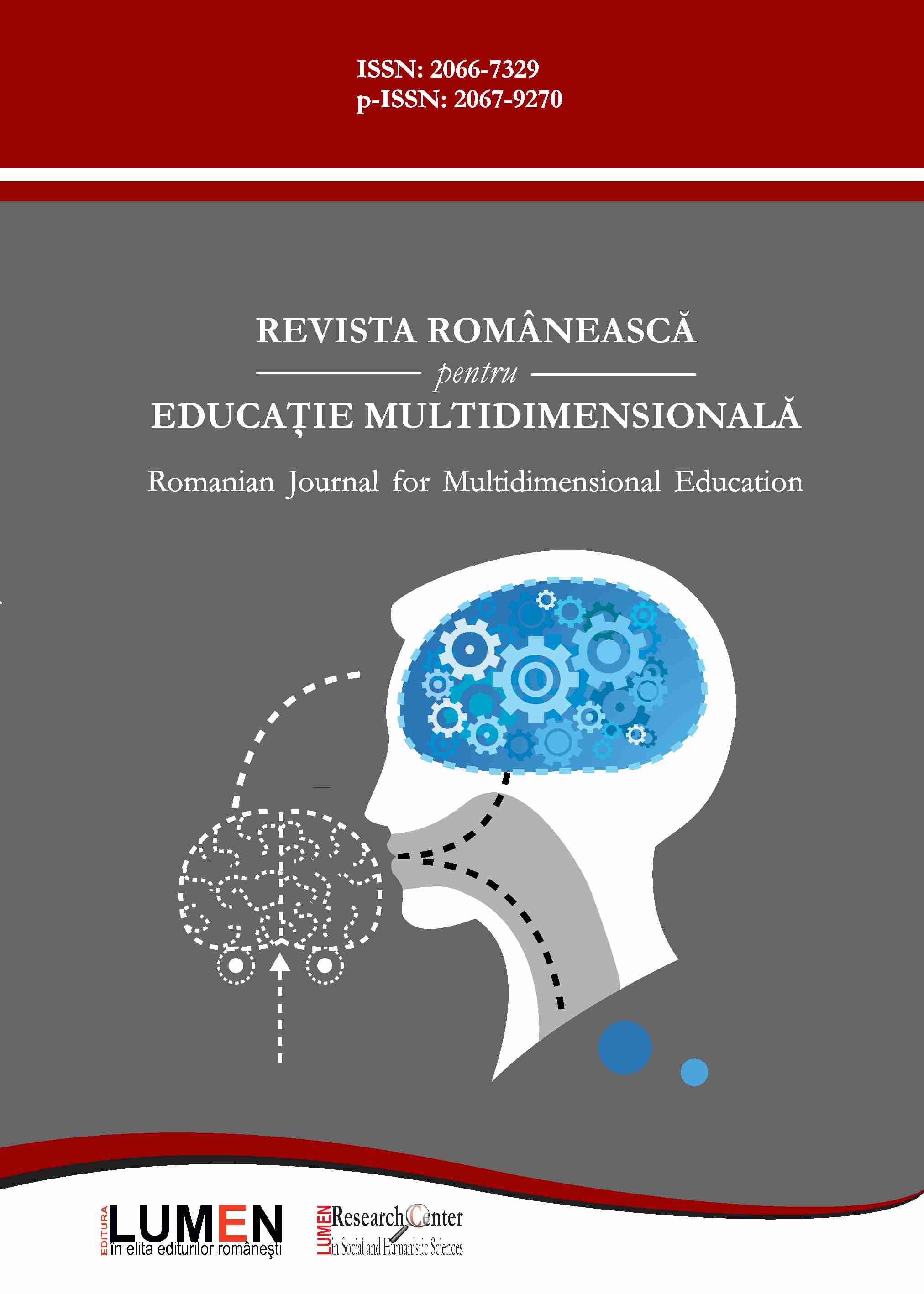A Comparison between Deep Patterns of Education within Reformative Views in Contemporary Romania with Respect to Critical Thinking and Philosophical Competencies
A Comparison between Deep Patterns of Education within Reformative Views in Contemporary Romania with Respect to Critical Thinking and Philosophical Competencies
Author(s): Doru Valentin CăstăianSubject(s): Social Sciences, Education, History of Education, Philosophy of Education, Pedagogy
Published by: Editura Lumen, Asociatia Lumen
Keywords: critical thinking; critical thinking skills; critical mindset; deep patterns in reformative thinking; education; reformative views on education; philosophical competencies; Romania;
Summary/Abstract: Modern education has definitely entered an “age of measurement”, as educational specialist and philosopher Gert Biesta put it, and there is academic research that clearly shows that this operational and utilitarian shift comes with a cost as far as humanistic education and philosophical critical thinking is concerned. The implicit premise of this view is that every educational outcome can be properly measured and that every legit educational objective can be reframed as competence with components that can be properly measured. Moreover, these objectives are seen as attainable in principle through fully controllable processes that can be supervised and kept functional during every stage of their development. In this article, we argue that this view derives from a transfer of view and motives between the domains of entrepreneurship and education that this transfer, natural as can be in these times of scientific, technological and information based times, affects some of more conservative aims of education and can be potentially harmful for critical thinking and active citizenship competencies. In Romania, we are facing a clear shift in paradigms, replacing a model that is in its deepest forms poetic, formative and magisterial with models that favor more entrepreneurial and quantitative approaches. These later models are in principle based on attaining critical thinking skills, but we shall argue in this article that, inside this paradigm of efficiency and measurement, critical thinking has limited powers and functions and that a mixed model, that is still based on humanistic views and its dedicated to educational ideals that go further and deeper than entrepreneurial efficiency, is better suited for cultivating critical thinking.
Journal: Revista Românească pentru Educaţie Multidimensională
- Issue Year: 15/2023
- Issue No: 2
- Page Range: 408-417
- Page Count: 10
- Language: English

